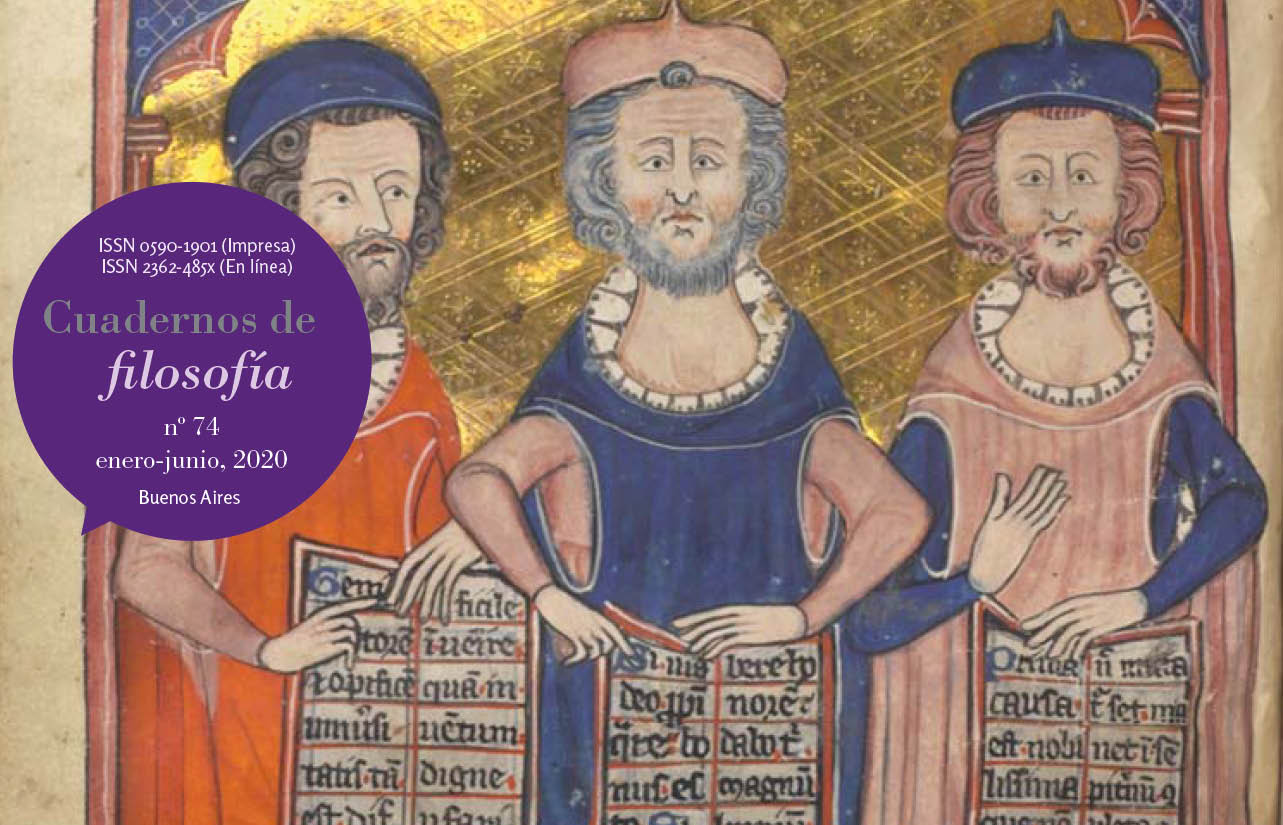Semantic ambiguity as a philosophical resource in Plato’s Hippias mino
Abstract
The Hippias minor is one of Plato’s shortest dialogues. Its location within the corpus as a whole is a source of controversy among specialists. Although the authenticity of the dialogue was proven by a mention of Aristotle in Metaphysics V, 1025 a 6, there have been those who have absolutely dismissed its philosophical value. Far from this extreme position, there are those who have pointed out the propaedeutic sense that dialogue would have with respect to some recurrent themes in Plato’s later work. Likewise, in recent years, readings have been proposed that attempt to show the tensions that the Hippias would present in relation to texts by other socratics. In the present work we will try a vindication of the dialogue according to its intrinsic value, considering that Plato offers in it a subtle distinction of two different conceptual frameworks, on the same terminological basis. If the argumentation goes in the right direction, we will see that Plato’s philosophical gesture in this dialogue consists of operating with a series of critical terms for the Athenian conscience at the end of the 5th century BC, to inscribe in them two possible meanings, thus restoring their problematic nature.Downloads
Los autores/as que publiquen en esta revista aceptan las siguientes condiciones:
Los/as autores/as [traductores/as] conservan los derechos de autor/a y ceden a la revista el derecho de la primera publicación, con el trabajo registrado con Licencia Creative Commons Atribución-NoComercial-CompartirIgual 4.0 Internacional, que permite a terceros utilizar lo publicado siempre que mencionen la autoría del trabajo y a la primera publicación en esta revista.
Los/as autores/as pueden realizar otros acuerdos contractuales independientes y adicionales para la distribución no exclusiva de la versión del artículo publicado en esta revista (p. ej., incluirlo en un repositorio institucional o publicarlo en un libro) siempre que indiquen claramente que el trabajo se publicó por primera vez en esta revista.
Se permite y recomienda a los/as autores/as a publicar su trabajo en Internet (por ejemplo en páginas institucionales o personales).
Políticas de detección de plagio
La colaboración de los y las editores/as, autores/as y evaluadores/as de esta revista y la guía de ética de los procesos editoriales se rige por los Principios de transparencia y buena práctica en publicaciones académicas del Committee on Publication Ethics (COPE) disponible aquí.
Todos los artículos enviados a esta publicación serán supervisados mediante una búsqueda online.







